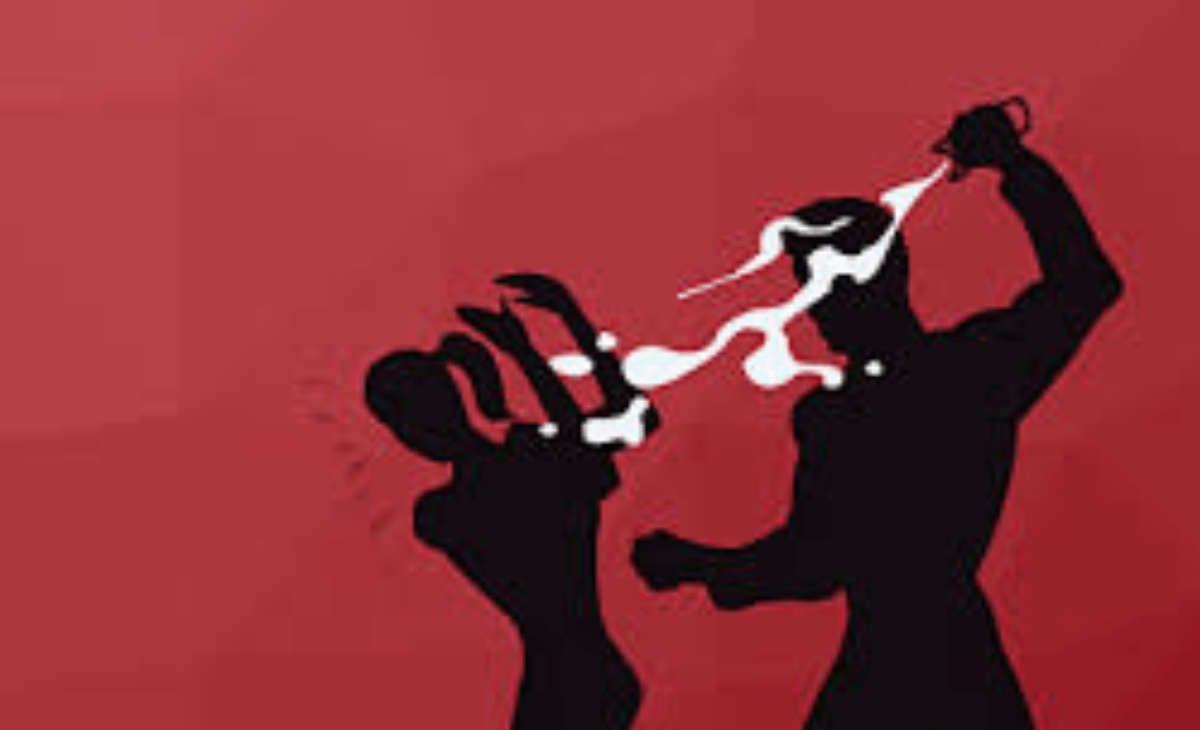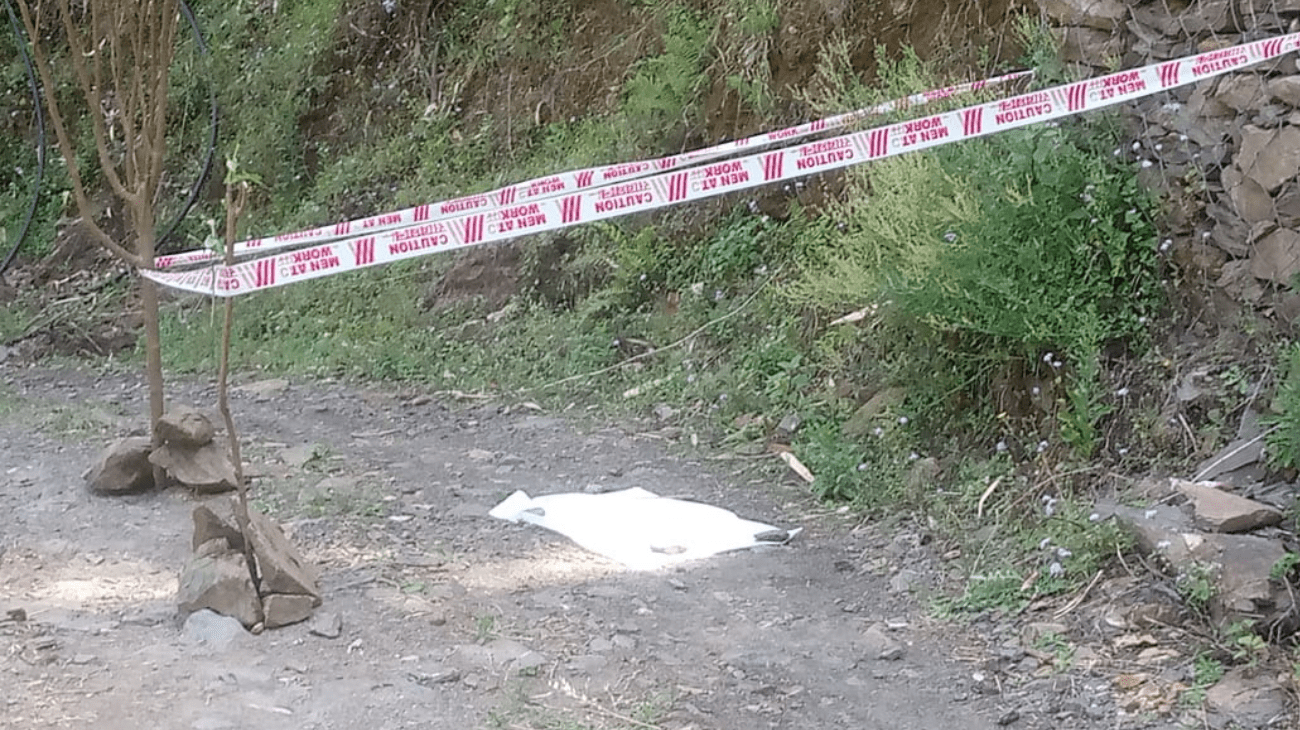Special Report
Munish Sood
Mandi
Twenty years after the first major acid attack shook Mandi town in 2005, the hills are once again echoing with grief and outrage. On Wednesday night, a 41 year-old woman named Mamta succumbed to injuries after her husband allegedly threw acid on her during a domestic dispute and pushed her from the first floor of their house. Her death has reopened deep and painful wounds — reminding the people of Mandi how the terror of acid violence first began here two decades ago.
The Latest Tragedy
According to police, the assault took place on November 15 in Sain Mohalla, Mandi. Mamta suffered severe burn injuries on her face and upper body. She was rushed to the Zonal Hospital in Mandi and later referred to AIIMS Bilaspur and subsequently to PGI Chandigarh, where she fought for her life for four days before passing away late Wednesday night.
The case has now been converted from attempted murder to murder, and the accused husband has been arrested and remanded to judicial custody. Mamta leaves behind two young children — a son and a daughter. She had recently shared social media posts alleging ongoing harassment and violence at home.
When It All Began: The 2005 Bus Acid Attack
The shock of Mamta’s death brings haunting memories of May 27, 2005, when Mandi witnessed one of its most brutal crimes. Inside a moving bus, a tailor threw acid on a college student, also named Mamta, because she rejected his marriage proposal. The attack left her permanently disfigured and blind. A minor girl sitting next to her and nine other passengers also sustained severe burn injuries.
Public anger exploded that day — protests erupted across the town, roads shut down, and security forces had to be called in to control the situation. The court later sentenced the accused to long-term imprisonment, and the verdict was upheld by higher courts. Yet for the victims, the road to justice was unbearably long. They waited 14 years before being granted compensation under the victim compensation scheme — the main victim receiving ₹13 lakh and the second ₹12 lakh — after a prolonged legal effort.
The court had then observed that the attack destroyed the victims’ identity, future prospects, and dignity, leaving them socially isolated and emotionally devastated. Neither victim was able to complete their education or rebuild their lives, and both continue to carry the scars — physical and psychological — to this day.
Two Incidents, One Unchanging Reality
The parallels between the 2005 and 2025 attacks are chilling:
• Both crimes were rooted in gender-based violence — the first over rejection, the latest within a marriage.
• Acid was used as a weapon to silence and destroy women rather than resolve conflict.
• Justice continues to be painfully slow, with victims suffering lifelong consequences.
• Society’s response remains reactive, mobilizing only after irreversible damage is done.
Despite Supreme Court orders regulating acid sale and improving victim compensation mechanisms, acid remains easily accessible and continues to be used in domestic and personal conflicts.
A senior social activist in Mandi described the situation as a “crisis of conscience”, saying that while laws have changed on paper, the mindset enabling such crimes remains deeply rooted. A women’s rights advocate said, “How many Mamta’s must die before society wakes up?”
A Town Haunted by Memory
From a young college student who lost her face and eyesight in a bus in 2005 to a mother of two who lost her life in 2025 — Mandi’s story is a painful testimony to what acid does:
It destroys not just skin, but identity, dreams, and entire families.
Twenty years have passed, yet nothing seems to have changed.
A Call for Urgent Action
This latest death must not become just another headline. Activists, lawyers and citizens are calling for:
• Strict enforcement and monitoring of acid sale regulations
• Faster and proactive financial assistance to victims
• Stronger domestic violence intervention and protective systems
• Public awareness and education to change violent social attitudes
• Specialized medical and psychological rehabilitation for survivors
The tragic death of Mamta this week is not an isolated incident — it is the continuation of a horrific history. What began in 2005 with a bus attack that shocked the region has now claimed another life inside a home, proving that acid violence remains an unchecked weapon of cruelty.
If society remains silent again, the next Mamta is already waiting





